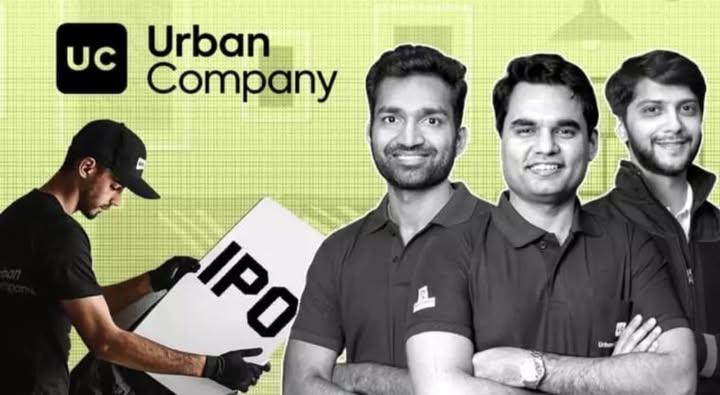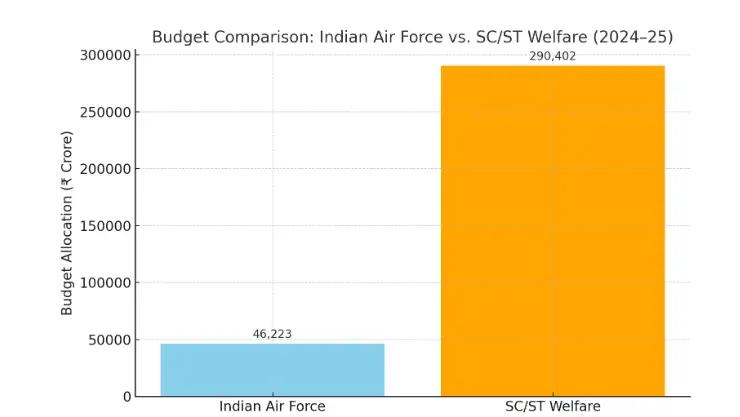Back
Nishant Mittal
Entrepreneur, musici... • 2m
Urban Company is probably the best company to have come out of the Indian Startup Ecosystem. Their journey is nothing short of exemplary, and thankfully the numbers confirm the same. In FY25, UC did an operating revenue of ₹1,144 Cr, with a net profit (b/f tax) of ₹28.5 Cr. Its core services business fetched ₹742 Cr, while the rest came from product sales to its professionals (₹188 Cr), sales of its 'Native' water purifiers (₹116 Cr), and memberships (₹98 Cr). Apparently, the core services had a gross margin of 15%, netting ₹113 Cr. Which is not bad at all. And then there was also an income from interest and sales of mutual funds (₹117 Cr). Nice. Keeping the employee and promotion costs unchanged, UC could grow 38% YoY. Which is absolutely terrific. But these numbers (no matter how good) don't fully convey what an incredible feat team UC has achieved. The figures are okay, but there should be a special score of how the company has operated all this while. Firstly, their business is EXTRAORDINARILY hard. And even that is an understatement of the century. On-demand aggregation of services is infinitely harder than aggregation of anything else. Think about cabs. How many moving parts does Cab aggregation have? There's the driver, the quality of his car, his basic conduct (which is to say, he needs to be mostly quiet)... and that's it. But even with those limited moving parts, how did Cabs fare in India as far as quality of ops is concerned? Such is the inherent hardness of running an ops heavy business in India, that long after BluSmart's implosion, nobody can even name a close second as far as basic quality of service is considered. And that's when the Cabs have burnt over ₹35,000 Cr in all these years. Now multiply that difficulty level by 100, and then you'll have what UC deals with every day. It's a firestorm of operational nightmares which would scare someone even when they're awake. But somehow UC manages to shine through, all day, every day. And this is not just my perception. For a long time, UC didn't have any major competitor at all. After Housejoy imploded (due to complicated reasons beyond the scope of this article), there was nobody who could take on this space. And it's not like nobody wanted to. Many tried, including major players like Flipkart. But it just didn't work. Why? It's because people are intrinsically unpredictable and unreliable. And when it comes to those "qualities", Indians are in a different league altogether. When it comes to work ethics, we're not exactly like Japanese (or even Chinese), we're more like Nigerians. Maybe it's because we're so densely populated (490 persons/Sq Km, as compared to 150 even in China) that we just can't afford to think about other people. But whatever it is, running an ops heavy business in this environment requires brass balls. And UC did it. At scale. And with such dignity and grace. Hats off! The company helped EVERYONE along the way, and could still make money. Best wishes! :)
Replies (2)
More like this
Recommendations from Medial
Arnav Maurya
Building Ideas, One ... • 10m
Hi! I’m looking for a cofounder for my app, ClipCraze. Concept: ClipCraze is a video aggregation platform that brings together videos from YouTube, Instagram, Facebook, and more into one seamless experience. Users can create, discover, and share vi
See MoreAccount Deleted
Hey I am on Medial • 5m
Where Does Reliance’s ₹3.2 Lakh Crore Revenue Come From? 1. Oil to Chemicals – ₹1,64,613 Cr (51.4%) 2. Retail – ₹88,637 Cr (27.6%) 3. Digital Services – ₹40,861 Cr (12.7%) 4. Others (Finance, Media, etc.) – ₹19,920 Cr (6.2%) 5. Oil & Gas – ₹6,44
See MoreShubham Jain
Founder @ QuicReach ... • 1y
Hey Guys! 🏡✨ Tired of expensive cab rides to the airport? Look no further! I've recently come across QuicReach, a fantastic cab-sharing app that provides affordable and economical cabs. Here's why you should give it a try: 🚗 Shared cabs starting
See MoreDownload the medial app to read full posts, comements and news.





































